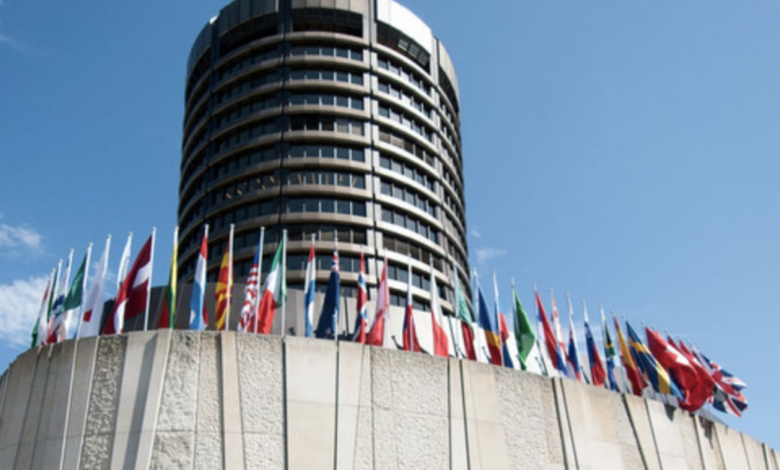
An international payments project supported by China, the UAE, Thailand, and Hong Kong has caught the attention of officials in Washington. The collaboration, which aims to streamline cross-border transactions, has sparked concerns about potential implications for the global financial system.
The project, which involves the development of a new payment network, has raised questions about transparency, security, and compliance with international regulations. Critics worry that the initiative could undermine the existing financial infrastructure and pose risks to the stability of the global economy.
While proponents argue that the project could facilitate faster and more efficient cross-border payments, opponents fear that it could be used to bypass traditional banking channels and evade sanctions. The involvement of China, in particular, has raised suspicions due to the country’s history of challenging the dominance of the US dollar in international trade.
As the project continues to move forward, it is likely to face increased scrutiny from regulators and policymakers in Washington. The implications of this international collaboration on the future of the global financial system remain uncertain, but one thing is clear: it has sparked a heated debate that is likely to continue for some time.







